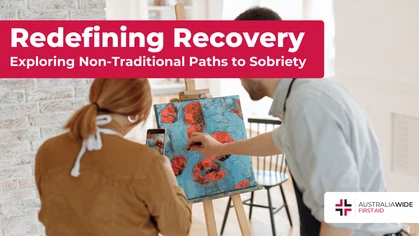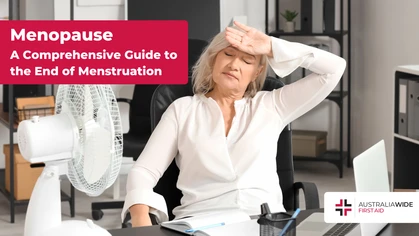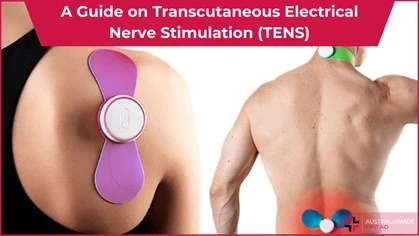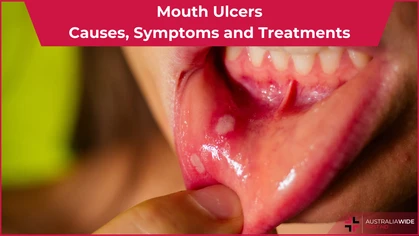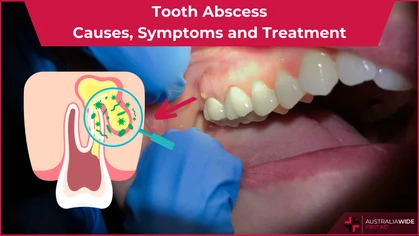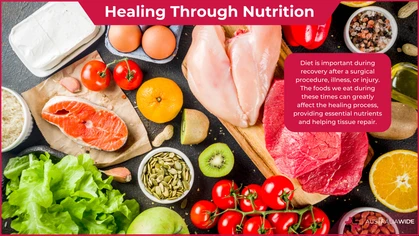Overcoming Alcohol Addiction

General Health-Related
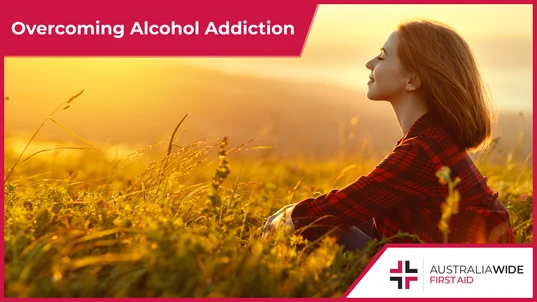
Alcohol is a pervasive aspect of Australian culture, which can be a risk factor for alcohol dependency. But alcohol dependency is not a life sentence. Many sufferers have regained their independence from alcohol and are helping others to do the same.
Alcohol is readily present at most Australian social and cultural events. Many Australians cite feeling explicit or implicit pressure to drink at these events, which can cause alcohol to pervade other parts of their life. When a person is unable to control their alcohol consumption, it is called alcohol use disorder (AUD), and it can wreak havoc on their work, health, and relationships. However, AUD is not a life sentence, and support services are available to help sufferers regain their independence from alcohol. To inspire hope in those who may be living with symptoms of AUD, we are going to take a look at three prominent Australians who have overcome their dependence on alcohol, and who are now helping others to do the same.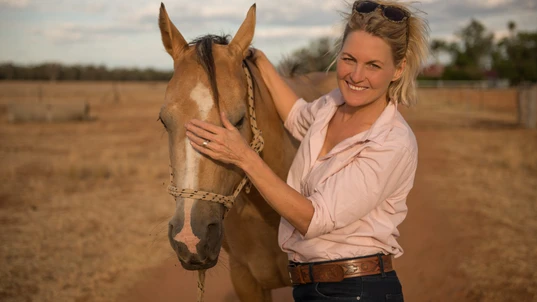
Shanna Whan was once a self-described "small town drunk". Nowadays, she is the founder and CEO of Sober in the Country, a national grassroots charity that supports rural Australians in overcoming alcoholism. (Source: Narrabri Courier)
Shanna Whan
Shanna Whan is a rural Australian woman who hails from Maules Creek, a small hamlet that is nestled in the foothills of New South Wales’ Mount Kaputar National Park. Shanna had spent the better part of her life battling an alcohol addiction, which culminated in early 2015 with a near life-threatening fall down a flight of stairs. That day, Shanna resolved to reach out for help one last time, and she connected with a recovered alcoholic. This connection proved to be a lifeline, and Shanna spent the next year in self-imposed isolation to avoid alcohol, study sobriety, and ultimately heal. The following year, she attempted to support other locals by running a recovery meeting, graduating as a health coach, and coordinating one-on-one coaching sessions. When these ventures failed, Shanna began writing publicly about her recovery – these writings exploded in popularity across the bush, and Shanna’s story was eventually picked up by the Australian Broadcasting Corporation (ABC) as the basis of an Australian Story episode titled “Last Drinks”. “Last Drinks” saw Shanna’s volunteer-led discussion group, Sober in the Country Ltd, gain national charitable status, and she subsequently received funding to travel the country and speak to the all-pervasive culture of “booze in the bush”. For her work, Shanna was named the ‘Local Hero’ at the 2022 Australian of the Year awards, which recognised her tireless efforts to fight the outdated and shameful stigma, that it is not OK to say no to booze.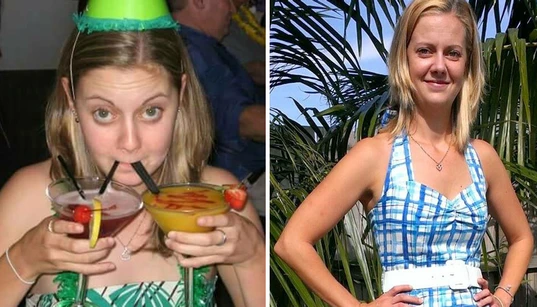
By the time she was 18, Samantha Hoult was a self-described "full-blown alcoholic". Nowadays, she is 8.5 years sober and supports people through their own struggles with alcohol addiction and other mental health issues. (Source: Yahoo! News)
Samantha Hoult
Samantha Hoult began drinking at the age of 14 to deal with personal issues and was a self-described “full-blown alcoholic” by the time she was 18. Samantha’s alcohol addiction became so chronic, she had to drink from the moment she woke up to stave off severe alcohol withdrawal symptoms, such as delirium tremens. Samantha also regularly injured herself while drunk, and she sustained permanent nerve damage after once falling down a flight of stairs. As well as devastating her physical health, Samantha’s alcohol addiction caused her to drop out of university, lose multiple jobs, declare bankruptcy, and fracture relationships with partners, friends, and family members. Her alcohol addiction came to a head when she was 27; after visiting a doctor, she was told that her liver was shutting down. This diagnosis proved to be a turning point, and Samantha started seeing a psychologist to beat her addiction. To aid in her healing, Samantha also took up exercising, returned to university, and started giving back to the community by joining the State Emergency Service (SES). Now 8.5 years sober, Samantha works as a registered nurse and regularly appears in the media to speak about addiction and other mental health issues. She also holds a support role with a mental health group and receives several Facebook messages a week from people struggling with their mental health. Living by the ethos ‘your worse day sober is always better than your best day drunk’, she encourages anyone to reach out for support.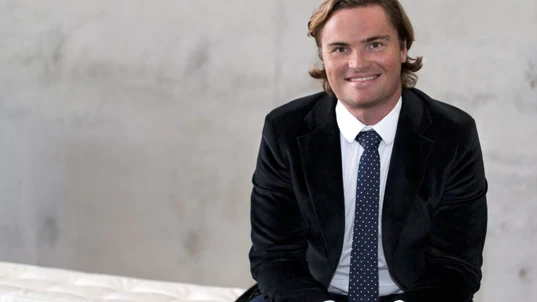
At 22, Chris decided to give up alcohol for a year and write publicly about the experience in a blog titled "Hello Sunday Morning". Chris's blog is now an international movement that helps people rethink their relationship with alcohol. (Source: Third Sector)
Chris Raine
In January 2009, while 22 years of age and working at a youth communications agency, Chris Raine was inspired by a project brief that had called for a bona fide understanding of young people’s attitudes towards binge drinking. To tap into the motivations and beliefs of his target audience, and thereby change their behaviour, Chris decided to abstain from alcohol for a year, and to write about the experience in a blog and Facebook page titled “Hello Sunday Morning”. Hello Sunday Morning subsequently exploded in popularity, and it is now an international movement that supports people who are looking to rethink their relationship with alcohol. To this end, Hello Sunday Morning provides peer and clinical support that helps people better understand how to have a healthy relationship with alcohol. These days, Chris is the Campaign Director of Australians for Mental Health, an advocacy organisation dedicated towards mental health reform.Conclusion
Alcohol is a pervasive aspect of Australian culture, and many Australians feel obliged to drink at social occasions, as a way to overcome feelings of social anxiety. This can lead to people depending on alcohol as a coping mechanism for all of life’s stresses, even when it is causing more harm than good. However, alcohol dependency or AUD is not a life sentence. Today, we have taken a closer look at three prominent Australians who have regained their independence from alcohol, to provide solace and support for those who are looking to rethink their relationship with alcohol. For more formal support, a list of suggested support options can be found on Australia's Department of Health website.
Originally published at
https://www.australiawidefirstaid.com.au/resources/overcoming-alcohol-addiction
as part of the Australia Wide First Aid Articles Library
